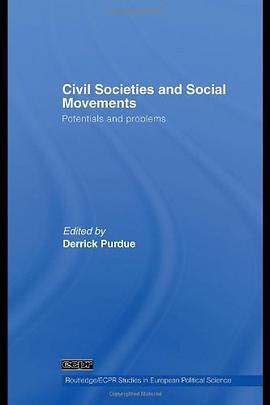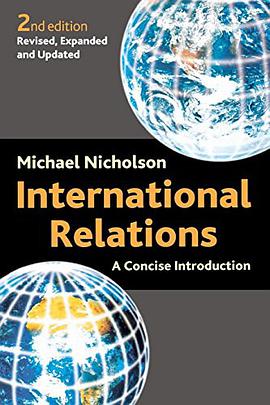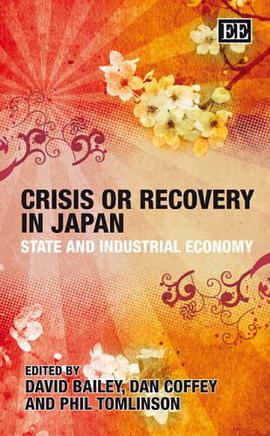
New Perspectives on State Socialism in China pdf epub mobi txt 電子書 下載2025
- 海外中國研究
- 中共黨史
- 政治學
- 英文原版
- 當代中國史
- 當代中國
- 曆史學
- 共和國
- 中國社會主義
- 國傢社會主義
- 政治經濟學
- 社會轉型
- 曆史研究
- 冷戰史
- 中國現代史
- 計劃經濟
- 意識形態
- 社會政策

具體描述
New perspectives are presented on an essential issue in CCP historiography: Why when things were working reasonably well by 1956 did the Chinese Communist Party alienate its supporters with radical policies? Placing CCP history firmly in the realm of social history and comparative politics, these enlightening critiques study the roots of the policy failures of the late Maoist period and the remarkable tenacity of the CCP. New insights, surfacing from case studies from the 1990s and recently available documents, address the following: Why is state socialism in China neither the wonder that some hope for nor a total failure? Why has the CCP remained China's only party, while the CPSU in the former Soviet Union -- and particularly the Eastern European socialist regimes that were the same age as China's -- collapsed so quickly? Are there any clues to the CCP's current longevity and radical reforms under party leadership to be found in the formative period of this one-party state?
著者簡介
圖書目錄
Part I. Studies; Mechanisms of Control
1. The Construction of Spatial Hierarchies: China's Hukou and Danwei Systems, Tiejun Cheng and Mark Selden
2. The United Front Redefined for the Party-State: A Case Study of Transition and Legitimation, Mary G. Mazur
3. The Mechanics of State Propaganda: The People's Republic of China and the Soviet Union in the 1950s, Julian Chang
4. Building the Party-State in China, 1949-1965: Bringing the Soldier Back In, David Shambaugh
Contradictions in Practice
5. The Politics of an "Un-Maoist" Interlude: The Case of Opposing Rash Advance, 1956-1957, Frederick C. Teiwes with Warren Sun
6. Localism, Central Policy and the Provincial Purges of 1957-1958: The Case of Zhejiang, Keith Forster
7. Shanghai's Strike Wave of 1957, Elizabeth J. Perry
8. Surviving the Great Leap Famine: The Struggle Over Rural Policy, 1958-1962, Dali L. Yang
Conclusion: Uncertain Legacies of Revolution, Tony Saich
Part II: Sources and Methods
Newly Available Sources on CCP History from the People's Republic of China, Nancy Hearst and Tony Saich
Interviews on Party History, Frederick C. Teiwes
Mendacity and Veracity in the Recent Chinese Communist Memoir Literature, Joshua A. Fogel
The National Defense University's Teaching Reference Materials, Warren Sun
Researching China's Provinces, Keith Forster
· · · · · · (收起)
讀後感
評分
評分
評分
評分
用戶評價
1. Hukou and Danwei system 3. The Mechanics of State Propaganda
评分研究入門必讀
评分研究入門必讀
评分研究入門必讀
评分研究入門必讀
相關圖書
本站所有內容均為互聯網搜索引擎提供的公開搜索信息,本站不存儲任何數據與內容,任何內容與數據均與本站無關,如有需要請聯繫相關搜索引擎包括但不限於百度,google,bing,sogou 等
© 2025 book.quotespace.org All Rights Reserved. 小美書屋 版权所有




















